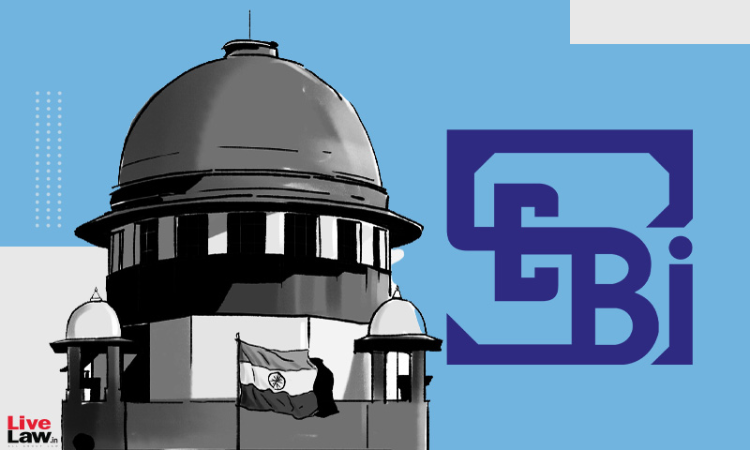The Supreme Court bench comprising Justice Dhananjaya Y Chandrachud, Justice Surya Kant and Justice A S Bopanna allowed retroactive application of SEBI Circular on Standardisation of procedure to be followed by Debenture Trustee(s) in case of default by issuers of listed debt securities. Accordingly, the shareholders of Reliance Commercial Finance Ltd are required carry out a voting process...

